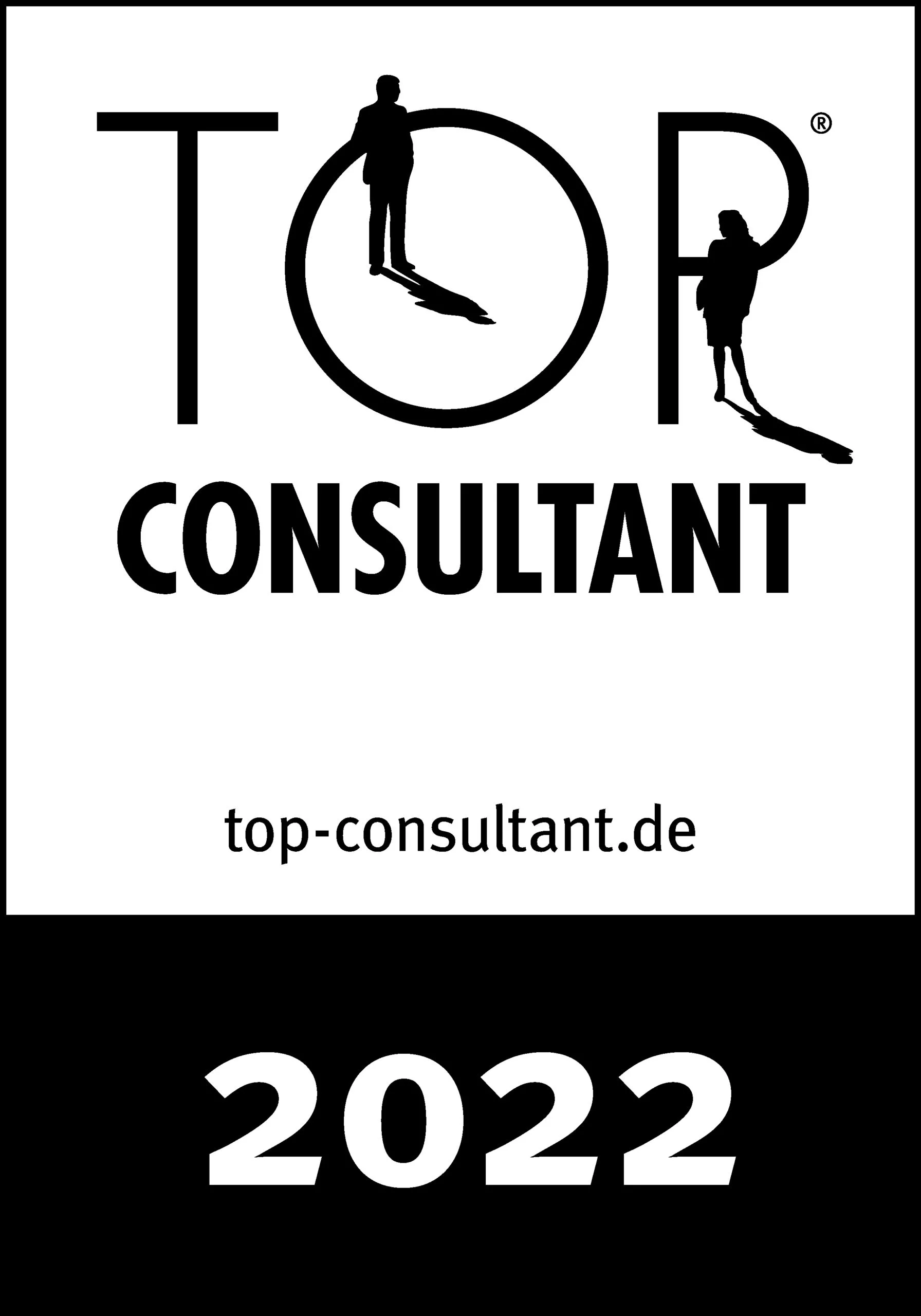Strategy Execution
Closing the performance gap between goals and implementation is crucial. We identify how the implementation of strategy can truly become effective, considering both substantive and holistic organizational perspectives.
Only 60% of strategic goals in organizations are fully implemented. Challenges typically arise in five areas:
- The strategy itself is not clear, at least upon closer inspection.
- There is a lack of communication and coordination, both horizontally within the management team and between organizational levels.
- Leadership commitment to actively engage in and support the implementation is lacking.
- Suboptimal allocation of resources: Often too rigid, while realities have already changed.
- Poor performance measurement: It is unclear which metrics should be truly driven in what manner. Measurement of strategic progress is often insufficient.
A well-formulated strategy is worthless if not activated and communicated to the team. The purpose of a strategy is to provide a framework for everyone in a company. This is essential for setting priorities, making investment decisions, and aligning activities, especially in dynamic and unpredictable environments.
Successful strategy implementation involves both strategy mechanics, including instruments like vision and purpose, strategic fields and goals, and breaking down to short-term goals and projects. This also includes adaptable budgeting frameworks and efficient resource allocation.
On the other side is the strategy culture, the effective way teams collaborate and align activities toward a common goal.
We diagnose the biggest gaps and levers for more effective implementation and help decision-makers step into the implementation process.
Growth Strategy
Defining a robust strategy is more crucial than ever in a rapidly changing business environment. We understand the volatile market environment of your company, quantitatively evaluate options, and define viable growth strategies.
We work with entrepreneur and management teams, focusing on very dynamic and growth-driven environments to sharpen market understanding. This includes building bottom-up market models and research, quantifying the actual addressable potential, and evaluating possible new business fields.
We define new business models and the implications for their implementation and scaling. Quantification in business models and integrated financial models is part of our strategy work.
OKR
OKRs are a highly effective and powerful instrument for us in executing strategy. We guide you in designing, implementing, and hands-on introducing OKRs. Always with a strong focus on strategy execution, always on par with top management and teams.
Objectives and Key Results are a proven framework to translate corporate strategy into measurable goals. While strategy and KPIs provide the framework, OKRs are the tool to improve priorities, focus, and alignment in an organization.
Often, positive cultural changes are triggered, breaking down silo thinking and enabling more teamwork. For management teams, OKRs provide a way to regularly communicate and adjust strategic goals. People who define OKRs regularly reflect on the company’s strategic goals and how their work is intended to contribute to achieving them.
Transformation
Having founded and scaled digital companies ourselves, we assist you with the challenges that arise in digital, sustainable transformation contexts. As genuine sparring partners on an equal footing, with energy and pragmatism.
Ben Horowitz
“Sometimes an organization doesn’t need a solution; it just needs clarity.”









